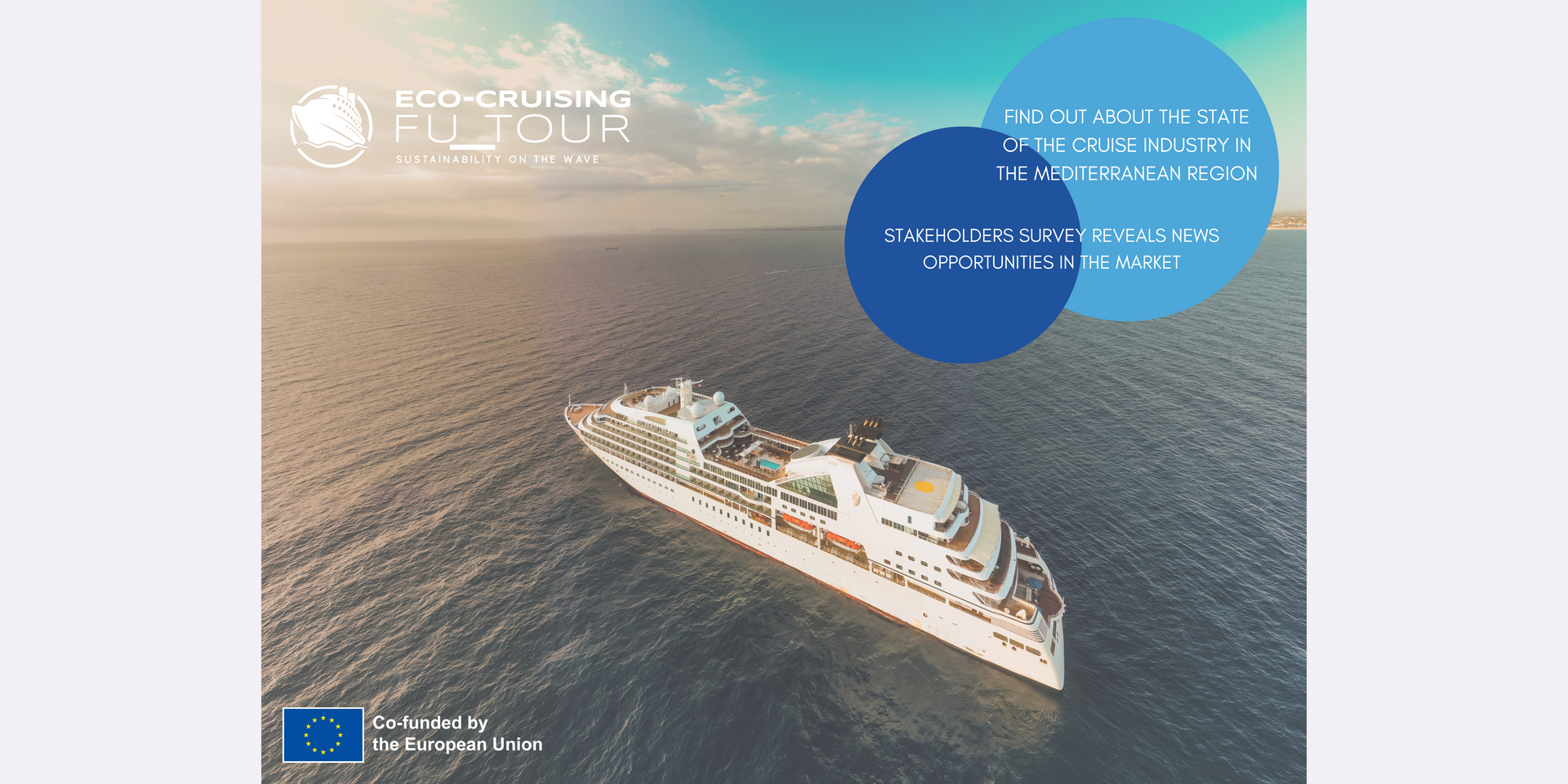
The ECO-CRUISING FU_TOUR project aims to boost managerial, innovative, blue, green, and digital skills of tourism West Mediterranean SMEs, but ultimately public and private stakeholders, in charge of the promotion of European and West European coastal and maritime destinations, through specialized capacity building programs and eco-smart packages.
The first step of the project execution was to conduct a survey to EU and non-EU tourism SMEs to understand the state-of-the-art of the sector post-Covid, as well as the barriers, obstacles but ultimately the opportunities for the maritime sector in Italy, Spain, Tunisia, Morocco, Algeria, and the Western Mediterranean, in general.
A total of 251 well-diversified stakeholders were identified. From this pool of stakeholders, 130 responded to the project survey, achieving the project goal of 100 surveys, with 47 being SMEs. Α very good mix of international, regional, and national stakeholders was achieved, with the majority (approx. 57 %) having a very high or high level of influence, thus creating a significant pool of strong players that can provide high quality input for the project.
Three major categories of stakeholders were identified, creating a very interesting mix:
- Ports’ related stakeholders, including port authorities (37 stakeholders) and port agents (21 stakeholders),
- tourism stakeholders, including tour operators (24 stakeholders), DMCs (15 stakeholders) and shore excursion agents (5 stakeholders) and, finally,
- transportation companies, which include private (11 stakeholders) and public (6 stakeholders) transportation companies.
The survey process gave significant insight regarding the state-of-the-art in the cruise industry and lead to a number of valuable conclusions, among which:
- There are many possibilities for improvement in the cruise sector, especially if the sector opens-up to collaboration with small and less discovered cruise destinations, and, above all engaging in sustainability topics and challenges, while stakeholders are willing to support respective projects.
- Identified Good Practices in this sector could play an important role in the future development towards eco-cruising. Nevertheless, the development of eco-tourism projects in the cruising sector is still in a very early stage; Good Practices in this field are too few or too little known due to limited sharing, while few benefits exist for this market sector demotivating members to participate and implement eco-cruising projects to a certain degree.
- Sustainable tourism growth, cooperation with cruise lines, well-being of local communities, as well as protection of the environment and biodiversity are the challenges that are considered the most critical by stakeholders in general, followed by Covid-19 safety, hygiene measures and travelers’ safety. Overtourism, which was considered a critical challenge until late 2019, seems to be of lesser importance now, coming last in the stakeholders’ rating.
- On the other hand, the diversification of the destination, the increased flexibility for travel, the importance of digital technologies and the choice of transportation means in favor of eco-friendly ones are found to be the most important parameters that will have the biggest impact reshaping tourism and consequently affect cruising in the future.
- Finally, the education, training, and awareness of staff regarding the requirements and skills required to successfully implement ecotourism projects must also be improved with local government funding of educational and training programs.


